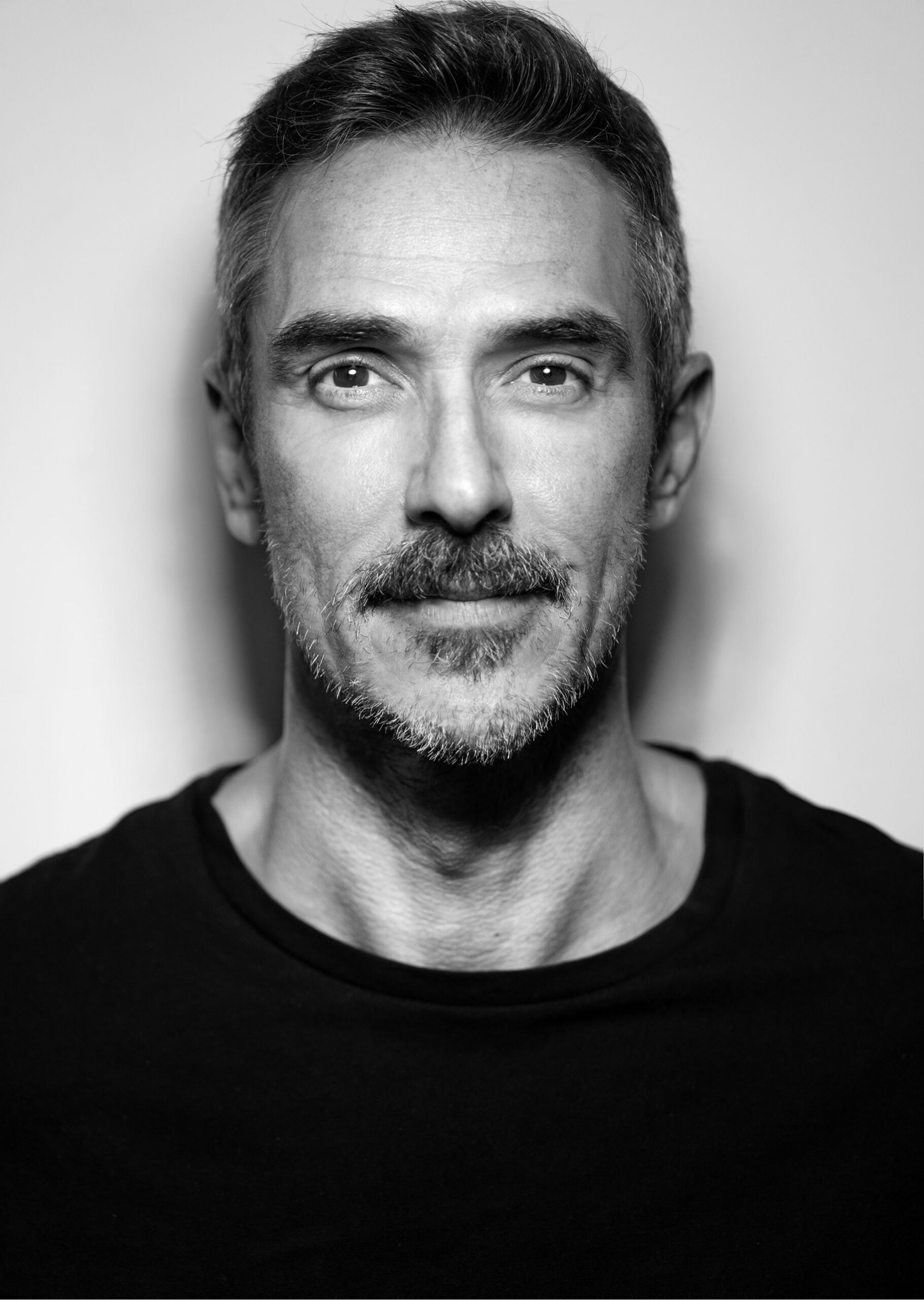On the 20th of July, Dr. Dominik Nischwitz, author of the biological dentistry concept, visited the White Clinic to share his knowledge with a group of dentists about the advantages of this new concept, which consists in an holisticapproach of dentistry, thus focusing on the well-being of the patient.
O Jornal Dentistry – What is biological dentistry?
Dr. Dominik Nischwitz – Biological dentistry represents the next level of conventional dental medicine. This concept appeared 15 years ago and since that time it has constantly been improving, till it has reached the statement we practice today. When I refer to Biological Dentistry as the next level of dental medicine, it means that there is a combination of mechanical and highly skilled dental medicine with a medical component, we therefore look at health as a whole. Biological Dentistry uses only biocompatible materials. Thus, there is a set of materials that are eliminated such as metal. This concept also includes another different approach related to tooth extraction, especially the extraction of wisdom teeth. It is a concept which first treats the patient as a whole to cure the part. Then, even nutrition is included in biological dentistry and it has led to a whole new concept of food design where we take into account micronutrient protocols associated with periosurgicalprotocols or bone regeneration. This concept was born from my research for the optimum health condition. While I was attending dental school, I had a great interest in areas such as nutrition, but at that time I could not see the connection between dentistry and nutrition.
My goal has always been to be able to help people to have the best health condition as possible. So, I started by removing all metal materials. As I researched more about how to provide better health, I ended up creating a concept where I counted on the help of great figures in dentistry. Biological dentistry was developed around the idea that it is possible to look at the patient and contemplate the health of his whole body, providing him with a treatment without harmful toxins. We therefore, use nutrition, micronutrients, supplementation protocols and PRF membranes as tools to achieve positive results. I believe that more than a concept, biological dentistry is the next step in dentistry.
Why should biological dentistry be an option for dentists?
“Biodentistry” represents a paradigm shift. Today, a dentist is no longer just a “dentist”. Nowadays a dentist is able to look beyond the oral cavity. And “biodentistry” contemplates this component. Our aim, through “biodentistry”, is to have a totally healthy patient. The most challenging patients are those who have chronic diseases because they require very specific care from specialists in their disease. However, if dentists focus on the health of the patient as a whole, they can work together and help them. Then the material component is also a differentiating element of this approach. In implantology, for example, we positively look for the use of ceramic implants.
There are already some studies that proof high success rates on the integration and bone regeneration. Nevertheless, it is necessary to know the human body to achieve a successful implant treatment. This new perspective focuses on the patients and their requirements are the true booster of the human’s general health. This means that we are in front of a patient that, for example, can tell us in our dental appointment that he has not only gained a bright new smile, but has also had his sleep cycle improved. Following the biological dentistry concept, dentists act like real doctors and dentists.
What are its clinical applications? Which cases can be specifically treated with biological dentistry?
Any patient can be treated following the Biological dentistry philosophy. In this philosophy, the general health, function and aesthetics are united. In this concept all metallic materials are taken out of the mouth.
In this philosophy, health is associated with function and aesthetics. The symptoms are quite variable, and although the number of patients looking for them is lower, the cases are more complex and everyone leaves the office happy. We use membranes of PRF, ozone, magnesium, zinc, which are part of the bone regeneration protocol we developed.
With this concept, the dentist has more than one immunology and toxicology issue to understand the patient beyond the oral cavity. An example of the advantages of this approach to the patient is a tooth extraction.
Many patients undergo dental extraction and, for wisdom teeth, for example, many times the extraction happens when the patients are still teenagers, which means that they are still growing, that they do not yet have all the nutrients. This type of procedure does not take into account the allergies of the patient, for example, or some lack of nutrients that the patient may have, which can lead to several complications.
What role does technology play in this concept of Biological Dentistry? Why is it important?
Digital technology is becoming a major alliance of dental medicine. My father is also a dentist and has always been concerned to use the latest technology. This allowed me to have very close contact with the technology in a very early stage of my career, even before I finished the course. Technology allows us to be faster, more effective and more sustainable. Sustainability, by the way, goes hand in hand with the concept of Biological Dentistry.
Do you believe that in the near future Biological Dentistry will be integrated into the curricular programs of the universities of dentistry?
I believe that in the future there will be a greater emphasis on biology. Currently, there is a professor at the University of Hamburg who is dedicated to research in the field of biological dental medicine. I believe that university curricula need to be reviewed and updated to enable students to learn everything in the right timing and to acquire knowledge that no longer makes sense today. Aspirants to dentists will always have to know the mechanical component of the procedures. But nowadays there is a huge set of new techniques to learn while you are studying.
TODAY WE ARE LOOKING FOR A MORE BIOLOGICAL LIFESTYLE PHILOSOPHY
Dr. Miguel Stanley, founder of the White Clinic explained to O JornalDentistry the advantages behind this concept that has been practiced for more than a decade in his clinic.
The Journal Dentistry – How did you first get in touch with biological dentistry? How long have you been practicing at the White Clinic?
Dr. Miguel Stanley – Ten years ago, one of my family members showed up in the office with a large tooth infection. At the time, I could never imagine that the diagnosis would be compatible with dental cavitation. I was then interested in understanding what the source of that silent infection might be. After doing research on the subject, I realised that the origin could be associated with the extraction of a wisdom tooth, which was performed many years previously. As a treatment for this type of infection, the application of ozone therapy is recommended, among other treatment proposals that seek the general well-being of the patient, elimination of any focus of infection, which are associated with the philosophy of biological dentistry.
We know that Dr. Miguel Stanley is the creator of various concepts and philosophies related to dentistry, such as “No half smiles®” or “Slow Dentistry®”. What does this new concept “Biodentistry” consist of?
“Biodentistry” can be defined as the practice of dentistry that seeks to apply procedures focusing on the overall well-being of the patient.
This concept is applied in all areas of dental medicine, always giving priority to the choice of materials that are more biocompatible with our body and the application of minimally invasive techniques. This requires a set of state-of-the-art technologies such as CBCT (Rx 3D), ozone therapy machine, piezoelectric surgery, PRF (platelet-rich fibrin) centrifuge, as well as lasers capable of accelerating the recovery process. This concept also includes a clinical workflow where we work with patient clinical blood tests and nutrition. In order to be successful it is necessary to bring together all these technologies in one space. The White Clinic is one of the few clinics in the world where this is possible thanks to the constant evolution and investment that has been made over the past 18 years as a result of the constant search for excellence and innovation.
Why invite Dr. Dominik Nischwitz to talk about biological dentistry?
Dr. Dominik and I met at a conference in France called SYFAC, organized by Prof. Joseph Chouckroun, dedicated to dentistry, implantology and biomaterials. I was invited to lecture along with some leaders in the field. Dr. Dominik was in the audience and came to see me later. I loved his energy. We both share the same passion for the field of implantology and our main goal is the happiness of our patients.
We were the first clinic in Portugal to practice this type of dental medicine, which for many is still unknown. I invited Dr. Dominik Nischwitz because he was the right person to make this presentation for the first time in Portugal. It was a course open to all dentists, with a forum limited to the clinic space. Something we did for the unique character of the speaker and the field.
Why did you decide to adopt biological dentistry? Why is it important?
Nowadays, we are increasingly looking for a more biological life philosophy.
Since 1998, the year I finished dental school, I stopped making amalgam fillings, since mercury and other types of metals in the mouth can have detrimental results for our body and affect our overall health, not to mention effects on the environment. Little by little I came to realize that the human organism is the main engine for the success of the treatment. Understanding whether the patient has cholesterol and vitamin D levels within normal parameters is important at the moment of implant placement, as well as the use of the most biocompatible materials possible, so that there is no rejection by our body, and avoid causing another type of chronic illness.
What will change in the White Clinic protocols with the adoption of biological dentistry?
The White Clinic is a highly technological clinic that has all the necessary equipment to practice this type of medicine, such as ozone for ozone therapy, piezoelectric, low intensity lasers (LLLT), among other equipment, such as essential diagnostic equipment such as cone beam computerized tomography (CBCT), which allow us to detect infections that may be causing a serious disorder in our body, for instance cavitations.
In our protocol, in addition to the application of this type of technologies, we have a detailed evaluation consultation, where the main objective of the treatment plan presented is to improve the patient’s well-being, with an evaluation of the nutrition and blood tests, something which we have been doing regularly for many years.
What are the differences between a treatment following the traditional protocol, compared to a treatment following the “Biodentistry” protocol?
Any treatment following the “biodentistry” protocol is more complete because its main objective is not only to improve the patient’s oral health, but also his general well-being. A medical procedure, such as simple tooth extraction, not only includes the removal of the tooth, but also the incorporation of technologies to ensure disinfection of the alveolus, PRF (Platelet Rich Fibrin) and LLLT to accelerate healing, as well as application of a technology focused on the regulation of bio-electromagnetic energy that improves blood circulation in the whole body. In this way, we can guarantee a better success of our intervention, eliminating any risk of infection, and consequently a better postoperative period. Taking a cost-benefit balance, the patient should always choose what is best for their health, and in this case the prevention of a possible complication should be the first choice.
You can check also this interview in Portuguese in o Jornal Dentistry: https://www.jornaldentistry.pt/news/entrevista/-a-biodentistry-e-proximo-passa-da-medicina-dentaria


